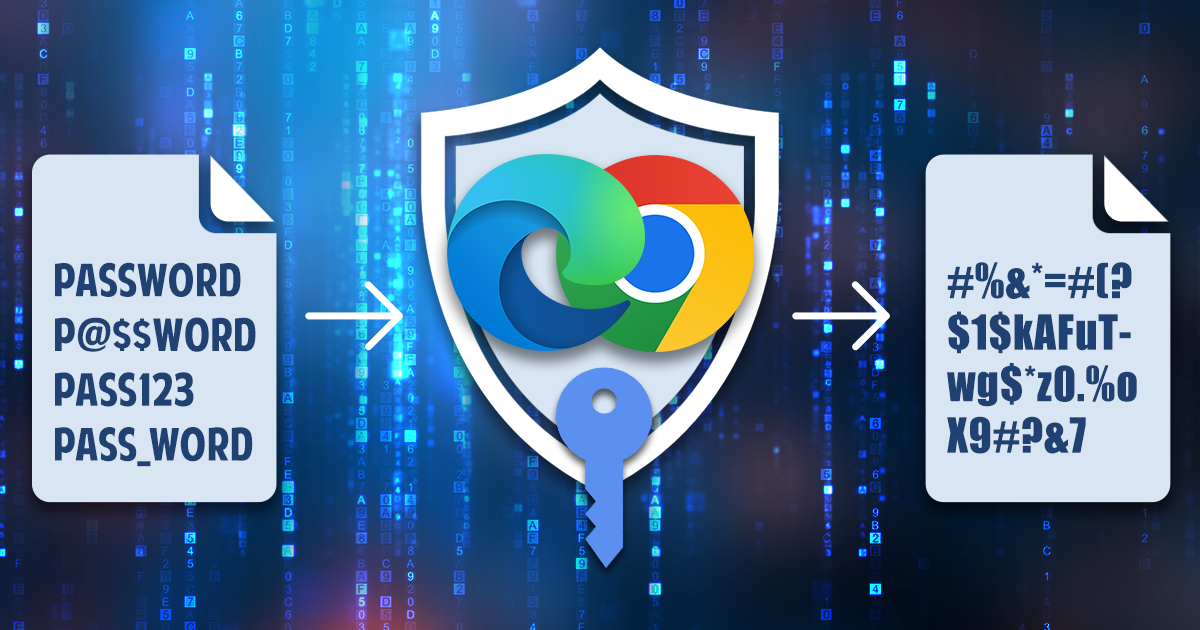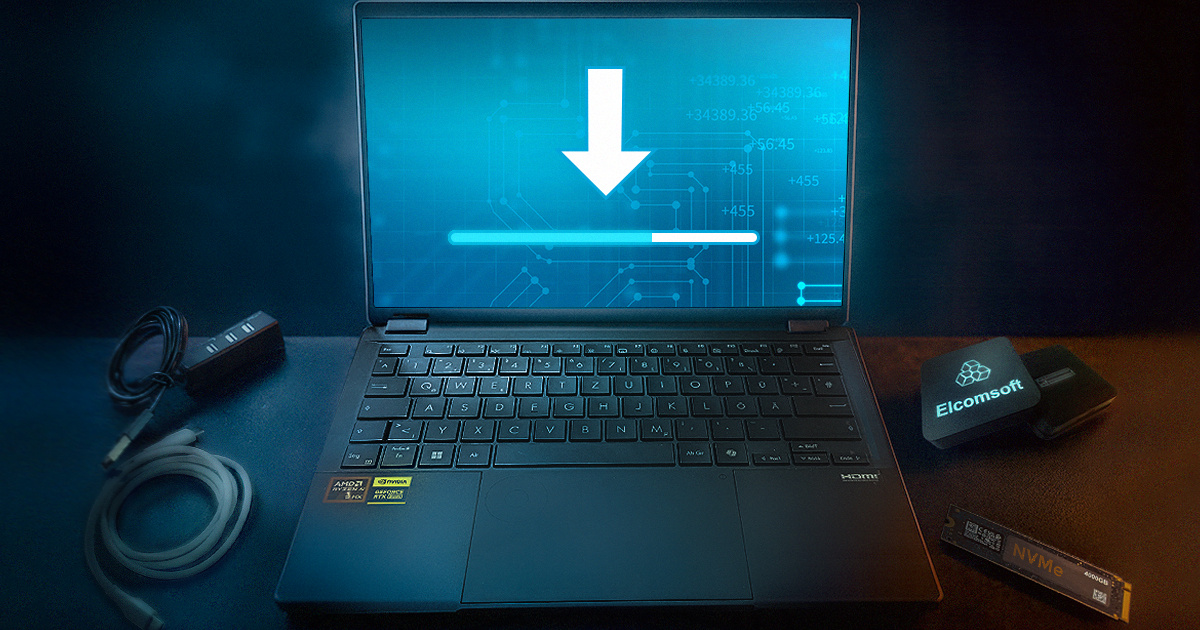The extraction method or methods available for a particular iOS device depend on the device’s hardware platform and the installed version of iOS. While logical acquisition is available for all iOS and iPadOS devices, more advanced extraction methods are available for older platforms and versions of iOS. But what if more than one way to extract the data is available for a given device? In this guide, we’ll discuss the applicable acquisition methods as well as the order in which they should be used.
iOS Forensic Toolkit 8 brings new powerful user experience based on the command line. While this approach offers experts full control over the extraction process, mastering the right workflow may become a challenge for those unfamiliar with command-line tools. In this quick-start guide we will lay out the steps required to extract the file system and decrypt the keychain of a compatible iPhone or iPad device.
Advanced logical acquisition is the most compatible and least complicated way to access essential evidence stored in Apple devices. In legacy versions of iOS Forensic Toolkit, we offered a 1-2-3 style, menu-driven extraction experience, while the updated release of iOS Forensic Toolkit 8.0 is driven by the command line. In this quick-start guide we will lay out the steps required to extract the most amount of data from Apple devices via the advanced logical process.
In Apple ecosystem, logical acquisition is the most convenient and the most compatible extraction method, with local backups being a major contributor. Password-protected backups contain significantly more information than unencrypted backups, which is why many forensic tools including iOS Forensic Toolkit automatically apply a temporary backup password before creating a backup. If a temporary password is not removed after the extraction, subsequent extraction attempts, especially made with a different tool, will produce encrypted backups protected with an effectively unknown password. In this article we’ll talk about why this happens and how to deal with it.
The newly released iOS Forensic Toolkit 8.0 delivers forensically sound checkm8 extraction powered with a command-line interface. The new user experience offers full control over the extraction process, yet mastering the right workflow may become a challenge for those unfamiliar with command-line tools. In this quick-start guide we will lay out the steps required to perform a clean, forensically sound extraction of a compatible iPhone or iPad device.
The title says it all. In this article we’ll explain the steps required to put the listed Apple TV models into DFU mode. These Apple TV models are based on the A5, A8, and A10X chips that are susceptible to the checkm8 exploit and checkm8-based extraction with iOS Forensic Toolkit 8, and DFU mode is the required initial step of the process.
iOS 16 brings many changes to mobile forensics. Users receive additional tools to control the sharing and protection of their personal information, while forensic experts will face tighter security measures. In this review, we’ll talk about the things in iOS 16 that are likely to affect the forensic workflow.
iOS Forensic Toolkit 8.0 is officially released! Delivering forensically sound checkm8 extraction and a new command-line driven user experience, the new release becomes the most sophisticated mobile forensic tool we’ve released to date.
DFU (Device Firmware Update) is a special service mode available in many Apple devices for recovering corrupted devices by uploading a clean copy of the firmware. Forensic specialists use DFU during checkm8 extractions (Elcomsoft iOS Forensic Toolkit). Unlike Recovery, which serves a similar purpose, DFU operates on a lower level and is undocumented. Surprisingly, there might be more than one DFU mode, one being more reliable than the others when it comes to forensic extractions. The method described in this article works for the iPhone 8, 8 Plus and iPhone X.
iOS Forensic Toolkit 7.60 brings gapless low-level extraction support for several iOS versions from iOS 15.2 up to and including iOS 15.3.1, adding full file system extraction support for Apple devices based on Apple A11-A15 and M1 chips.


